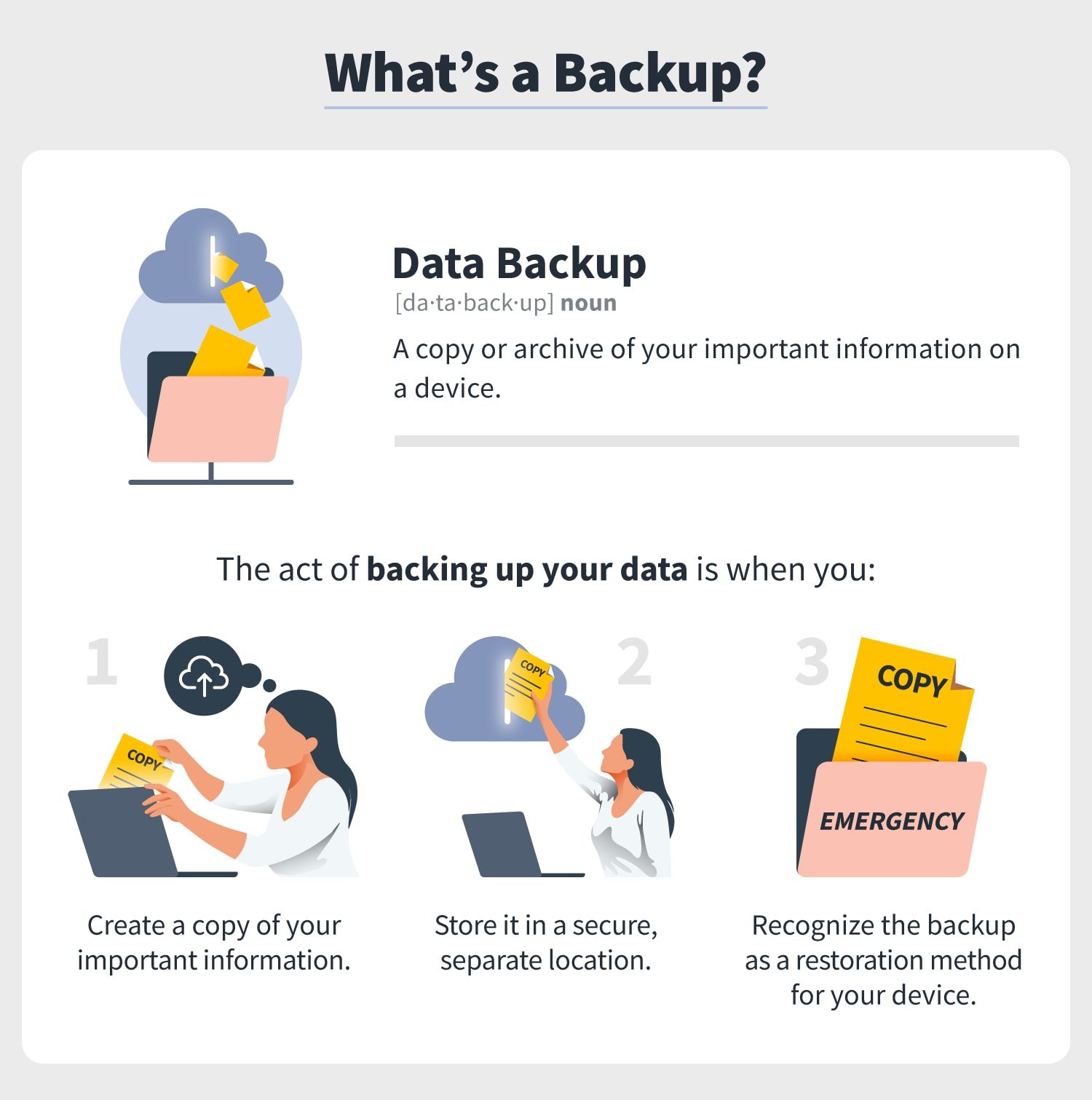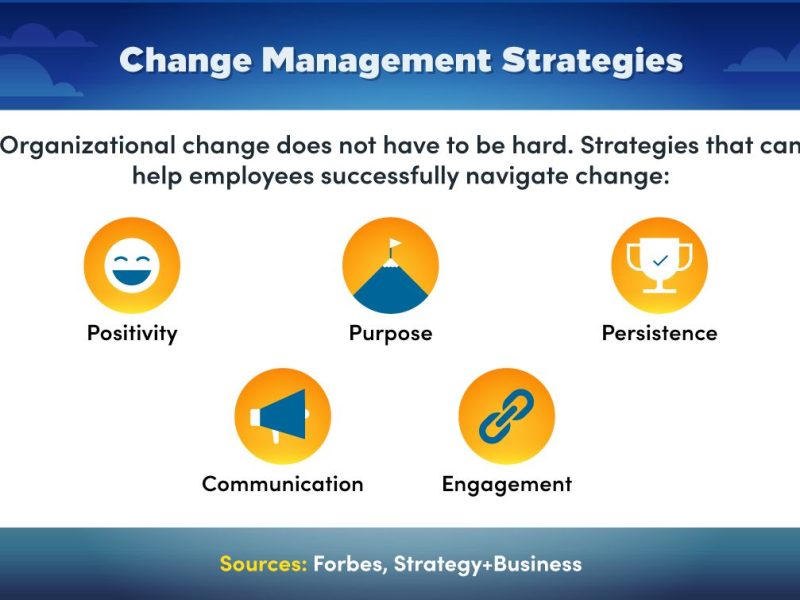In today’s digital age, data is one of the most valuable assets for businesses. From customer information to financial records, companies rely on data to make informed decisions and drive growth. However, data is also vulnerable to various threats, such as cyberattacks, natural disasters, and human error. That’s why having a robust data backup and disaster recovery plan is crucial for protecting your business‘s information and ensuring continuity in the face of unforeseen events.
Why Data Backup is Essential
Data backup involves making copies of your important files and storing them securely in case the original data is lost or corrupted. There are several reasons why data backup is essential for businesses:
Protection against cyberattacks: Cyberattacks, such as ransomware and malware, can encrypt or destroy your data, causing significant financial losses and reputation damage. Regular data backups can help you restore your information quickly and minimize the impact of cyber threats.
Prevention of data loss: Accidental deletions, hardware failures, and software glitches can lead to data loss. By regularly backing up your data, you can recover lost files and prevent interruptions to your business operations.
Compliance with regulations: Many industries have strict regulations regarding data protection and retention. Having a reliable data backup system in place can help you comply with legal requirements and avoid penalties.
The Importance of Disaster Recovery Plans
While data backup is crucial for protecting your information, having a comprehensive disaster recovery plan is equally important. A disaster recovery plan outlines the procedures and strategies for recovering data and restoring business operations in the event of a disaster. Here are some reasons why disaster recovery plans are essential:
Minimize downtime: Disasters, such as fires, floods, and power outages, can disrupt your business operations and lead to significant downtime. A disaster recovery plan helps you recover your data and systems quickly, minimizing the impact on your business.
Ensure business continuity: By having a disaster recovery plan in place, you can ensure that your business can continue operating even in the face of unexpected disruptions. This can help you maintain customer trust and competitiveness in the market.
Protect your reputation: Recovering quickly from a disaster demonstrates your ability to handle unexpected events and protect your stakeholders’ interests. A well-executed disaster recovery plan can enhance your reputation and build trust with customers and partners.
Best Practices for Data Backup and Disaster Recovery
When it comes to data backup and disaster recovery, following best practices can help you ensure the resilience and security of your information. Here are some tips to consider:
Regularly backup your data: Set up automated backup schedules to ensure that your data is regularly backed up and stored securely.
Test your backups: Regularly test your data backups to ensure that they can be successfully restored in case of an emergency.
Implement a disaster recovery plan: Develop a comprehensive disaster recovery plan that includes procedures for data recovery, system restoration, and communication with stakeholders.
Train your employees: Provide training to your employees on data backup and disaster recovery procedures to ensure that they can respond effectively in case of a disaster.
Conclusion
Protecting your business’s data is essential for ensuring its long-term success and resilience. By implementing robust data backup and disaster recovery plans, you can safeguard your information against threats and ensure continuity in the face of unforeseen events. Remember, data backup and disaster recovery are not just IT tasks – they are essential components of your business’s overall risk management strategy. Take the time to assess your current practices and invest in the right solutions to protect your data and secure your business’s future.


